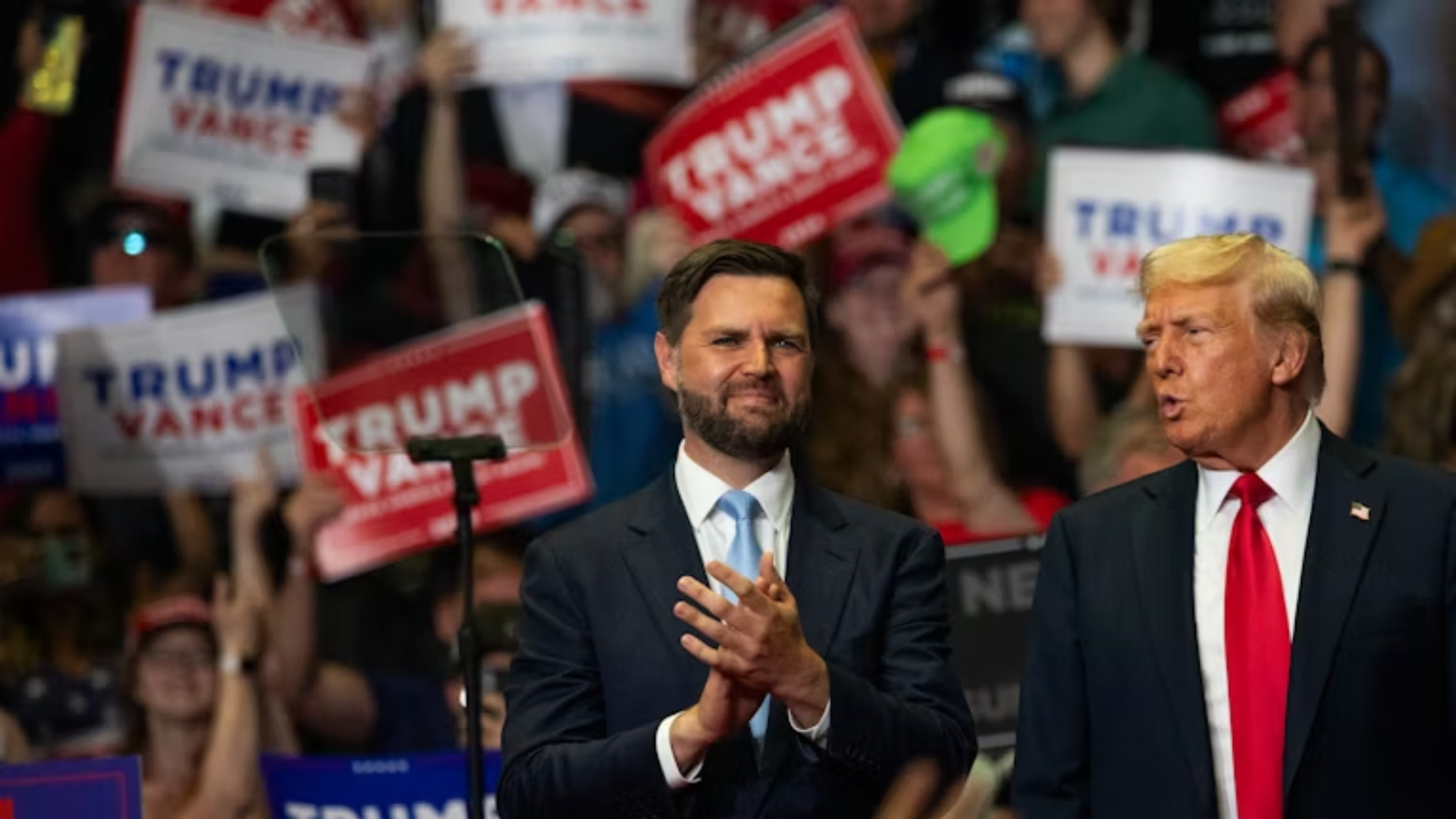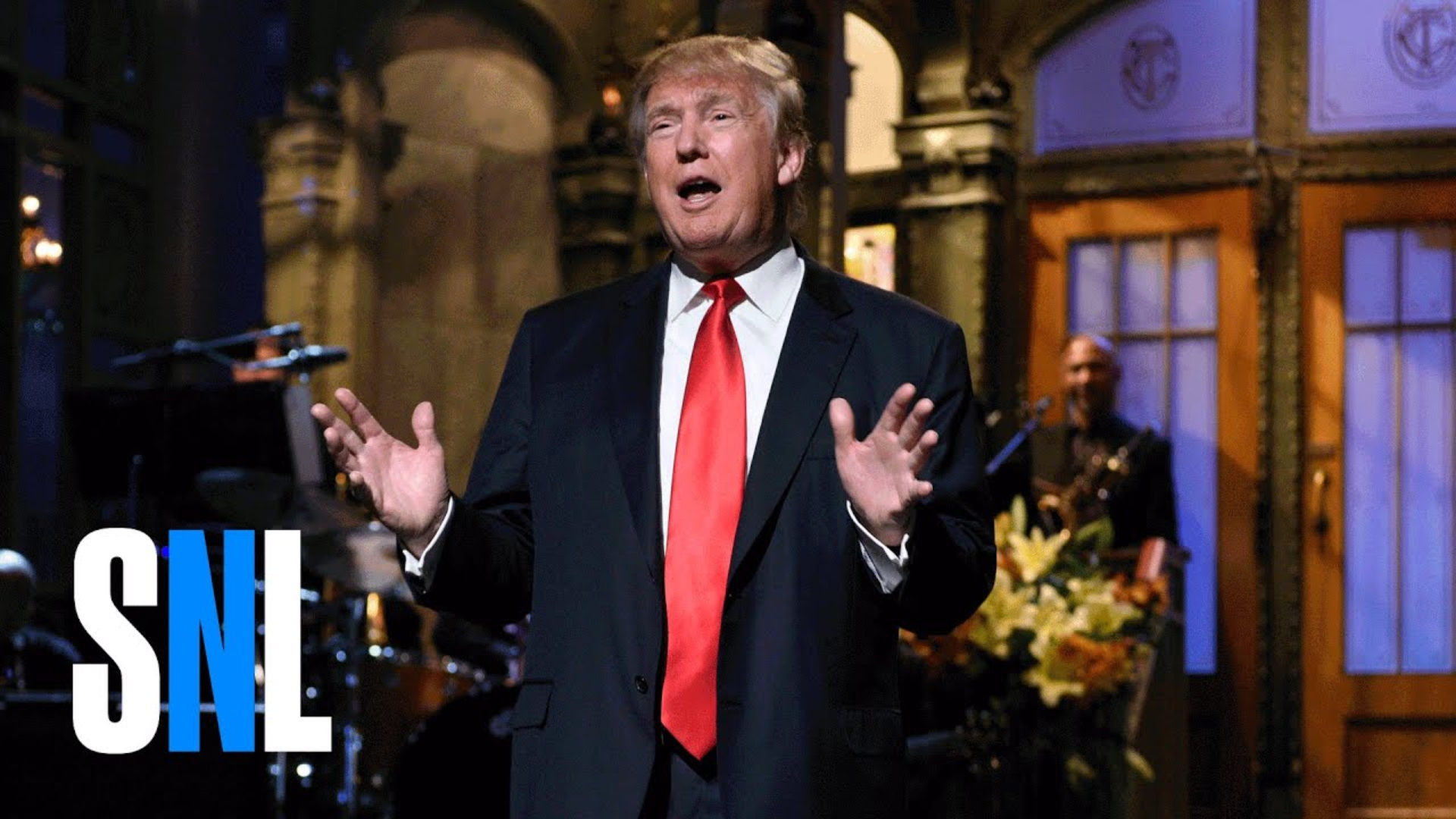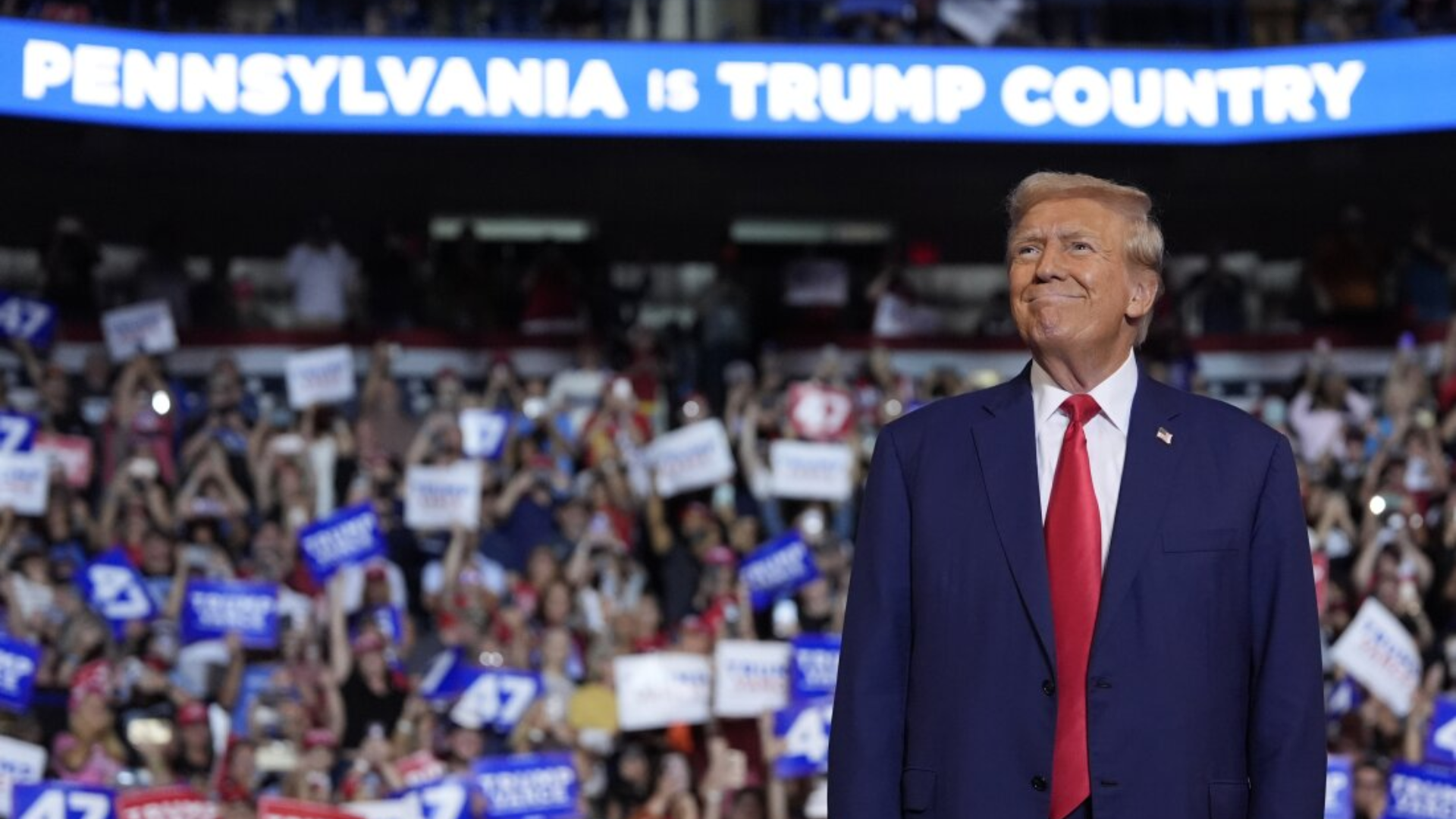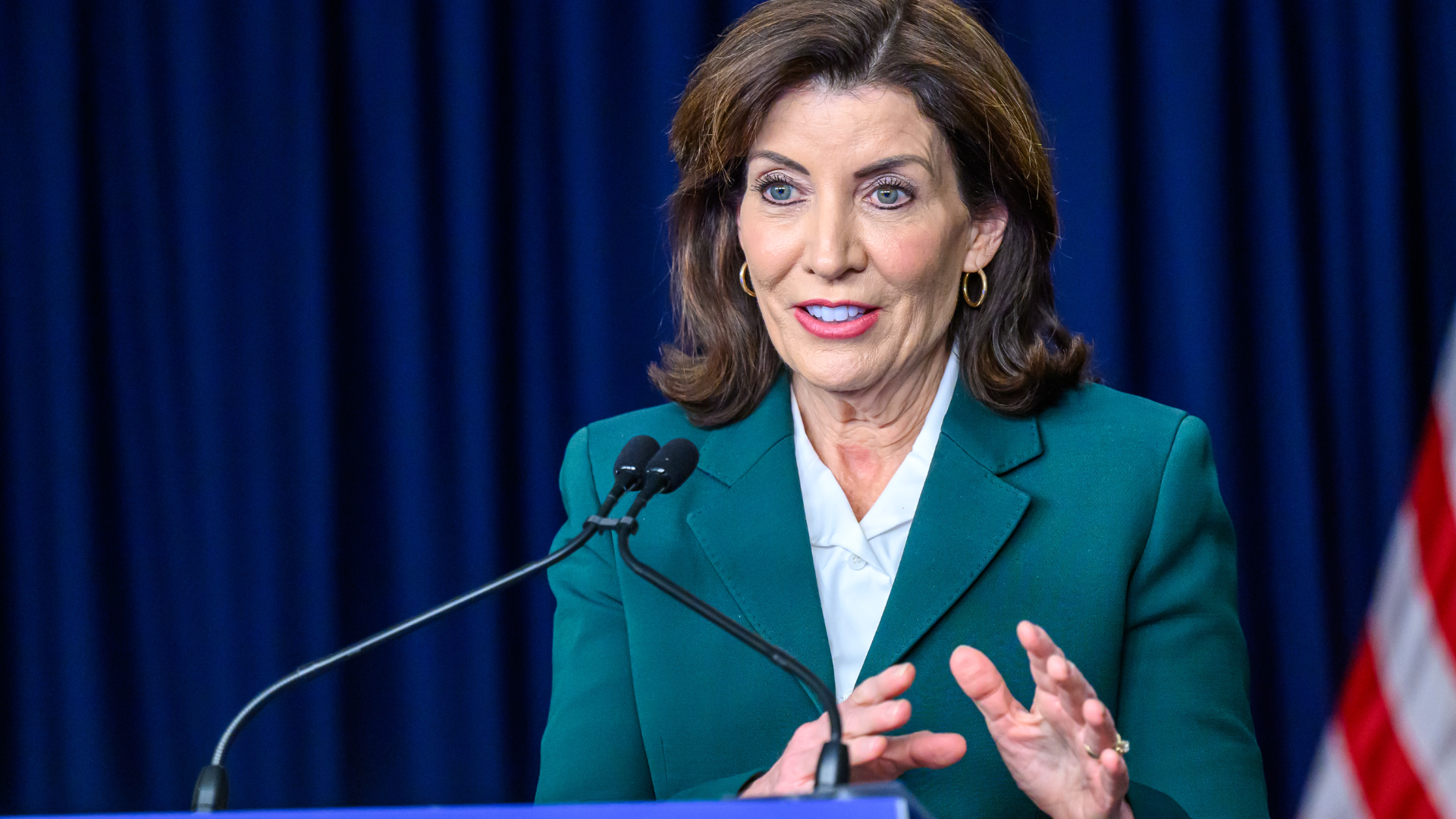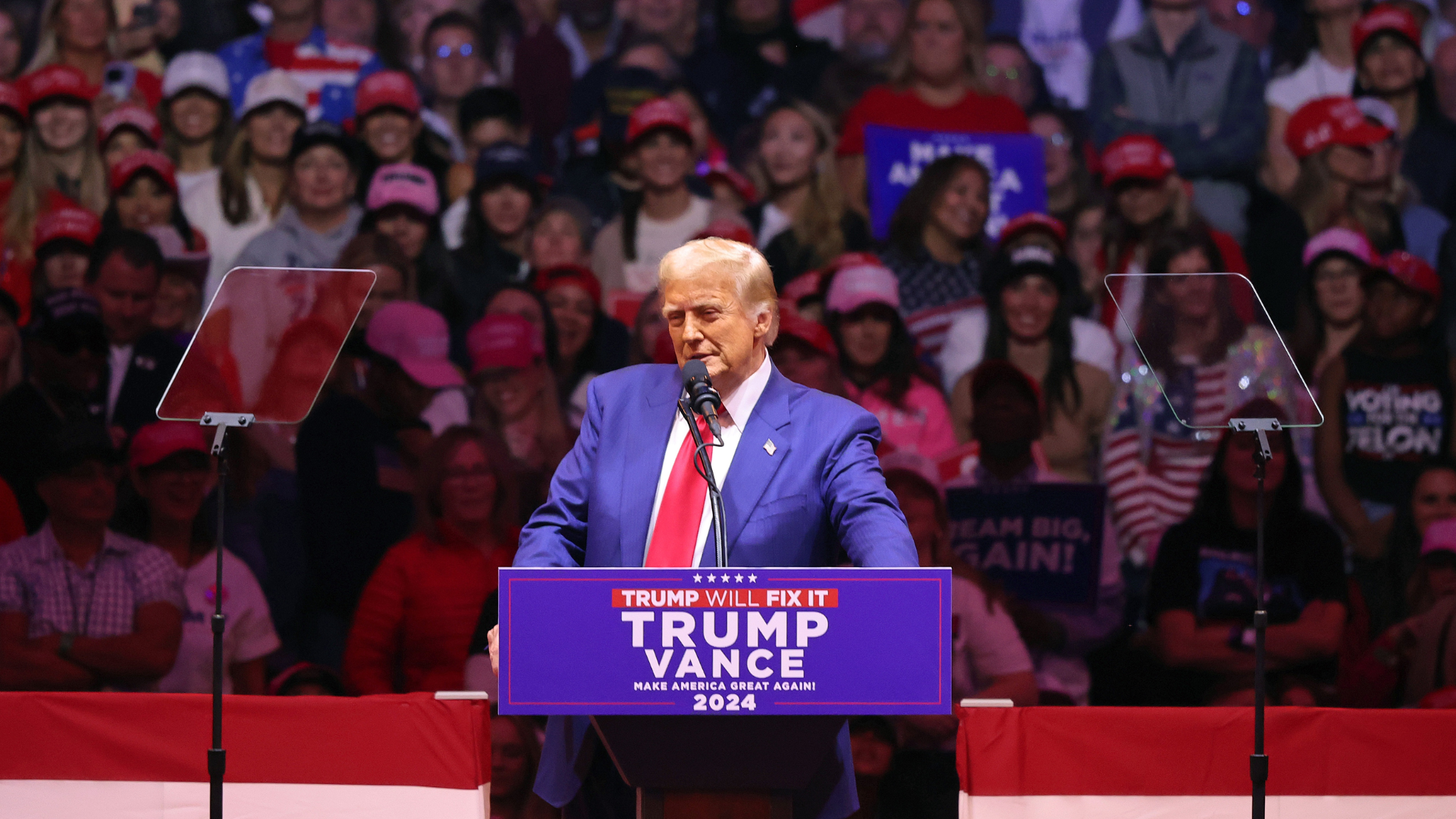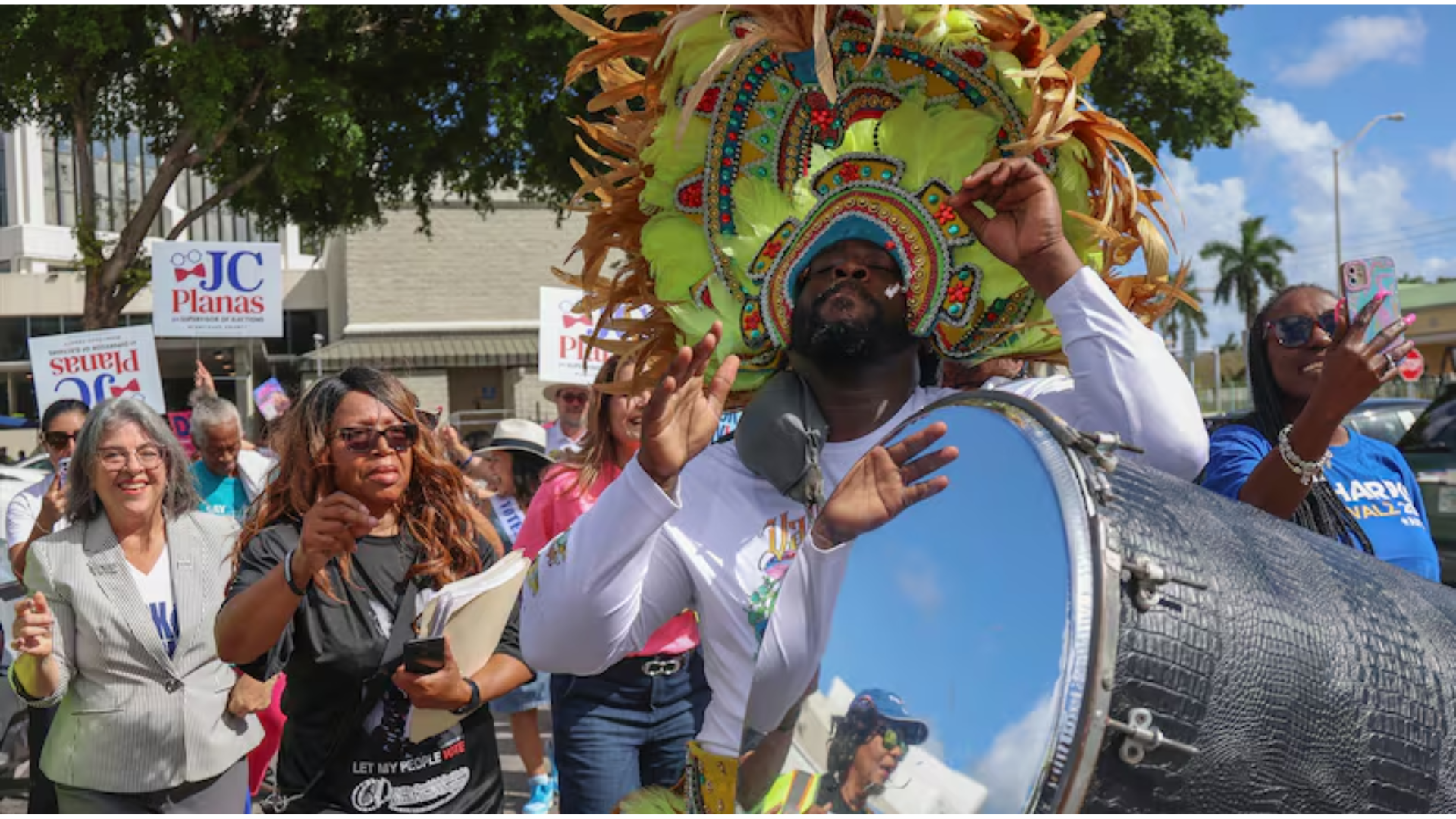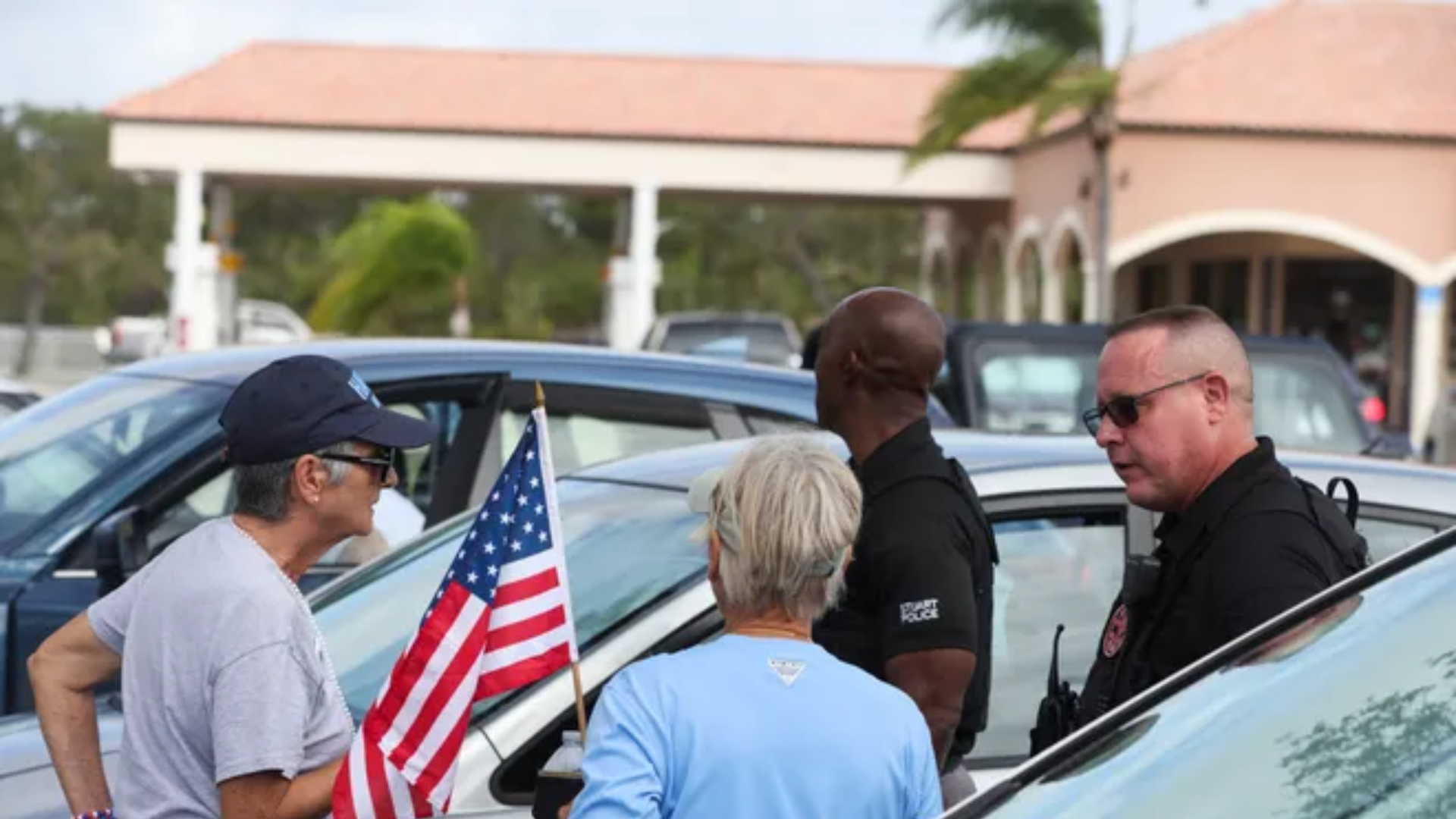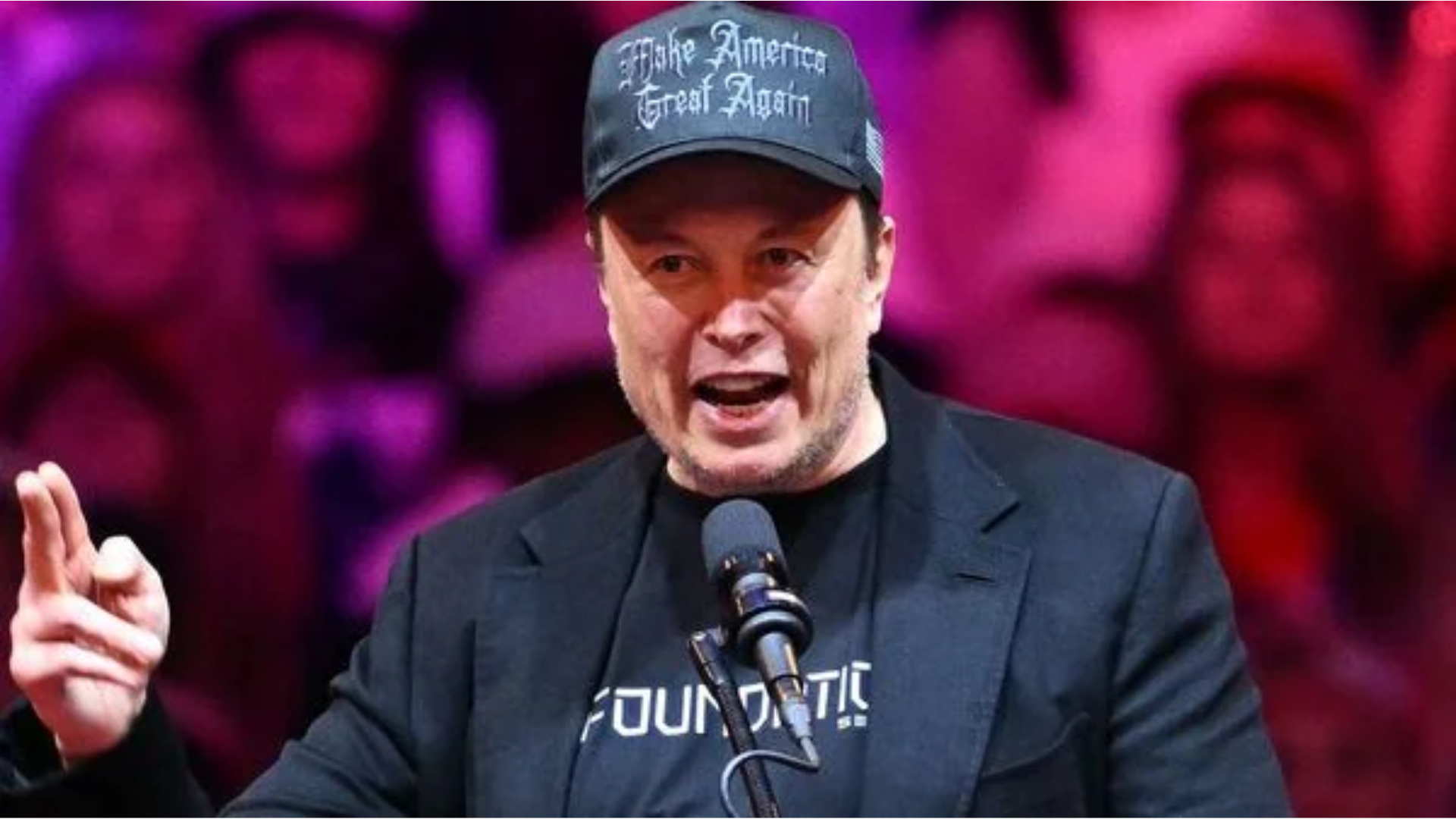
Former President Donald Trump stirred controversy by declaring he would fire Special Counsel Jack Smith “within two seconds” if re-elected. Trump’s comments on the “Hugh Hewitt Show” sparked immediate backlash from Vice President Kamala Harris’s campaign, who labeled Trump’s pledge as dangerous, implying he views himself above the law.
Harris’s campaign warns this rhetoric signals that Trump might run a presidency unchecked, prioritizing personal agendas over legal accountability.
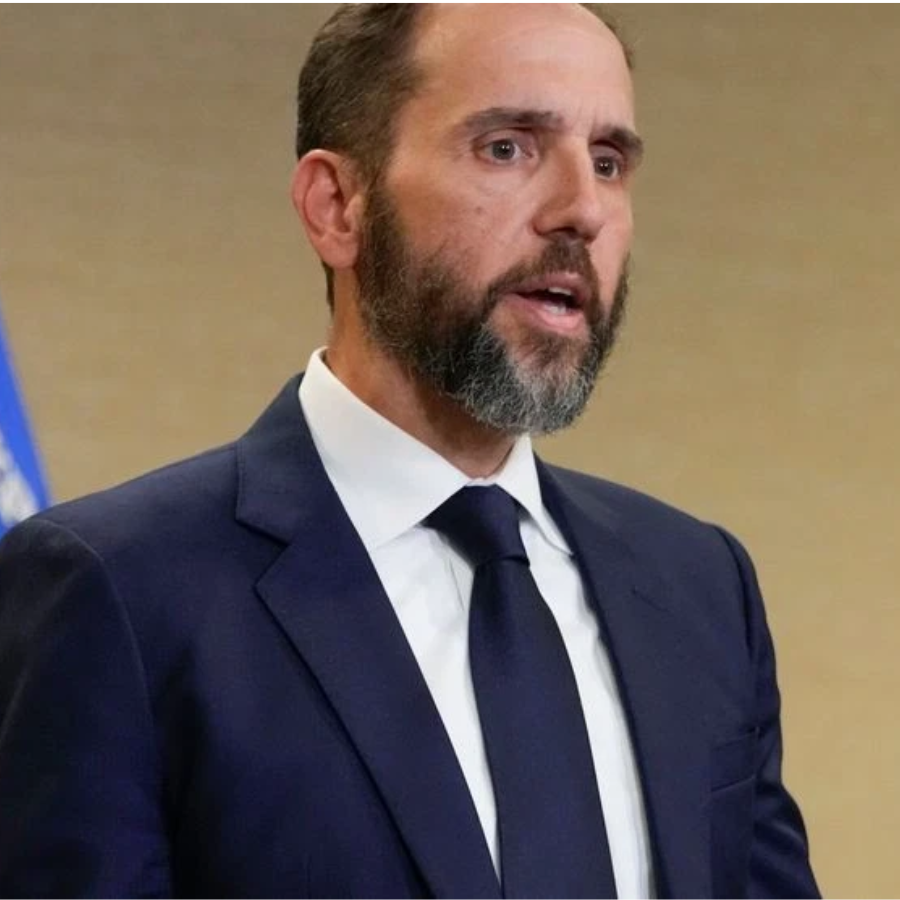
Trump’s pledge to oust Smith, the lead prosecutor investigating his alleged misconduct, raises significant questions about a sitting president’s reach in controlling ongoing investigations. While Trump could theoretically direct his attorney general to fire Smith, halting federal cases against himself is less straightforward.
Federal policy traditionally prevents the criminal indictment of a sitting president, a long-standing measure intended to avoid undermining executive function. This context has left legal experts wondering how far Trump might go to insulate himself if he reclaims the presidency.
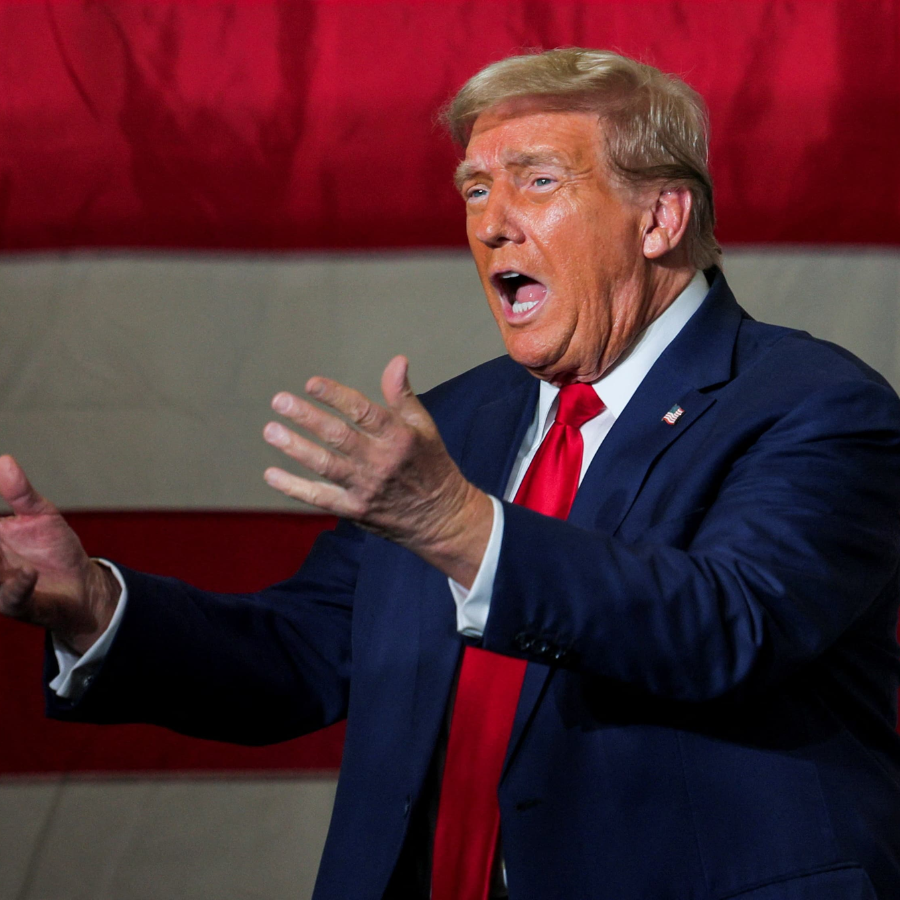
Smith’s investigations delve into Trump’s handling of classified documents and alleged interference in the 2020 election, indictments Trump has contested at multiple levels of the legal system. Recent rulings, including a Supreme Court decision, granted Trump partial immunity related to his presidential actions, while other charges remain active.
Smith’s challenge, currently under appeal, argues that Trump’s behavior post-election served his interests rather than the nation’s. For Trump, these ongoing cases underscore a possible re-election bid focused on navigating—and possibly unraveling—his legal battles.


